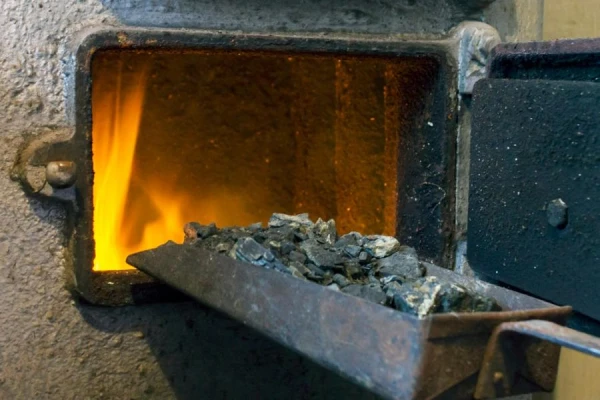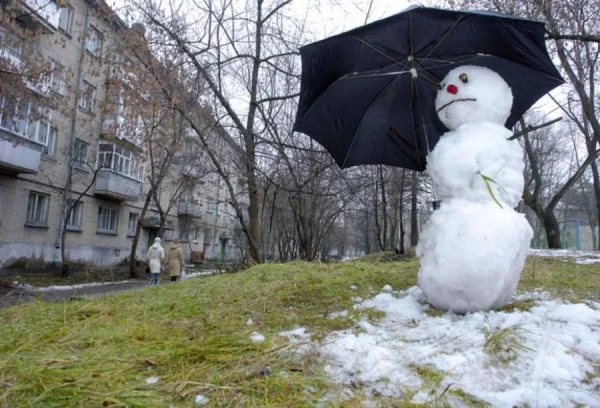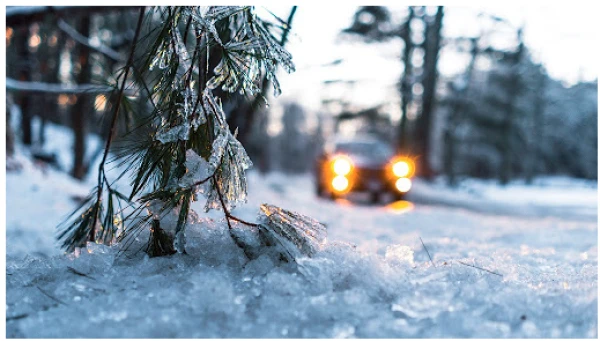
When heating the stove, some people are tempted to also get rid of household waste. However, this can lead to serious consequences — both for the environment and for people themselves.
Lighting a fireplace or heating a stove is how some Latvians still warm their homes during the cold season. The State Environmental Service (VDD) reminds that burning waste in a fireplace or stove is not only discouraged due to health hazards but is also prohibited by law.
"Most of such waste contains plastic. An unpleasant smell arises because complete combustion does not occur. The stove is not designed for burning garbage — it is intended for a specific type of fuel," said Elmar Jasinškis, director of the State Environmental Service's operational coordination center.
Burning garbage in a stove, bonfire, or fireplace — including plastic and rubber products, as well as furniture covered with paint, varnish, or glue — pollutes the environment.
"Carcinogenic substances and heavy metals are most often released into the air when items that should not be placed in a fireplace or stove are burned," commented Sandija Snikere, a representative of the Ministry of Climate and Energy.
One should not think that these substances simply escape through the chimney — and that’s the end of it.
"They settle on the ground in the vicinity — in the yard or in the neighboring garden — and contaminate the soil. There, apple trees or strawberries grow, which absorb all of this. The substances and chemical compounds that exit through the chimney in incompletely burned form enter the cycle, and we later receive them back — with food or through breathing," added Elmar Jasinškis.
The threat to your health and that of your neighbors is just one risk. The State Fire and Rescue Service (VUGD) notes that burning waste also increases the risk of fire in the house.
"These substances do not burn completely. First of all, they can damage the heating device itself. Moreover, chimneys and pipes get clogged very quickly and are covered with plastic residues. After that, the chimney sweep cannot clean them properly — everything sticks. It is almost impossible to clean, it is easier to dismantle the chimney and build a new one. If you heat it for a long time or a spark gets in, the pipe can catch fire," noted Dzintars Lagzdins, head of the VUGD Fire Safety Supervision Department.
The State Environmental Service reminds that a monetary fine can be imposed for burning waste.
"For individuals — up to 1000 euros, for legal entities — up to 2800 euros," emphasized Elmar Jasinškis.
Although it is practically impossible to control what private individuals burn in their stoves, experts emphasize: damage to heating devices, the inability to clean the chimney, or even a fire will ultimately cost significantly more than waste disposal and sorting.













